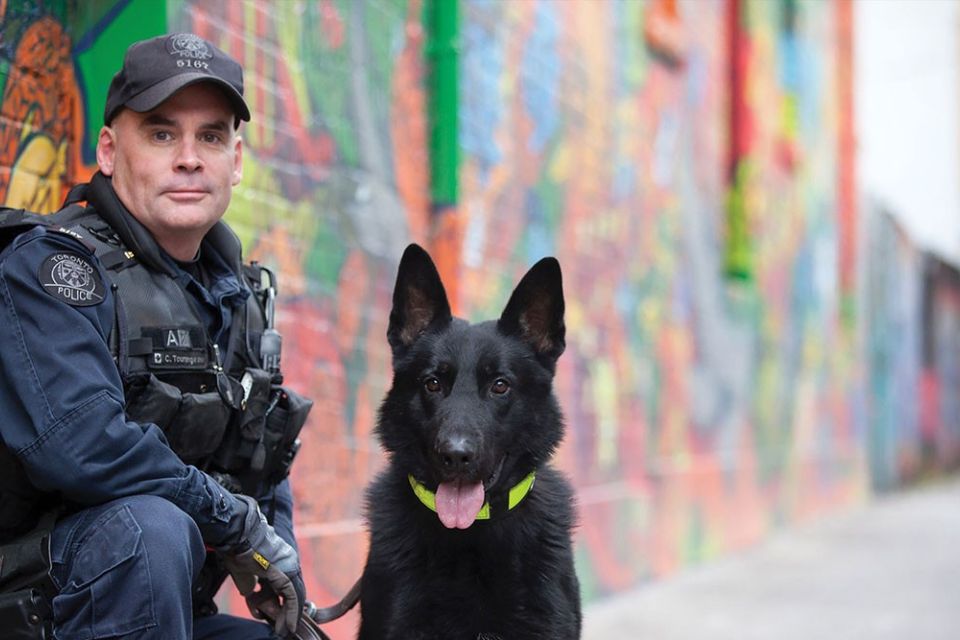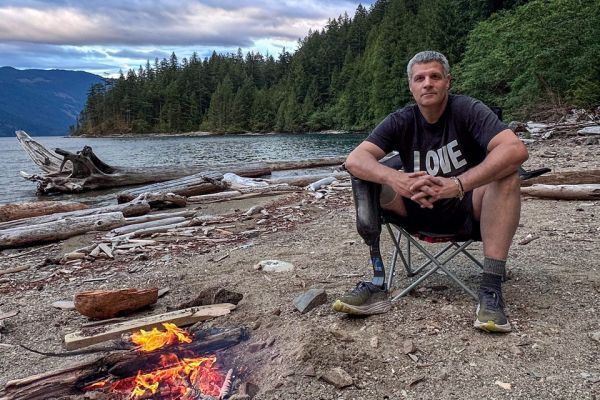Serve and Protect: Craig Tourangeau
Author: Thrive Staff Writer

June 9, 1994. A date that left an indelible mark on Craig Tourangeau’s mind and body. Twenty-odd years later he remembers every detail of that spring morning in Nanaimo like it was just yesterday.
Soldiers of course are trained to acutely attend to every nuance around them. But this is different.
He was serving in the military’s Special Forces Unit, engaged in a training exercise with the RCMP. His unit was deployed to British Columbia to support Victoria’s Commonwealth Games with a higher level of security. This was not combat. There was no safety threat. His team was simply going through their daily paces to stay sharp and on their game, a customary cog of military life. One year later, by his own accord, he was looking for a job. “Back then,” he tells, “the military’s approach to pain management was atrocious. There really wasn’t such a thing. It was a ‘carry-on’ mentality, a culture of ‘everything is good.’ Walking out the hospital door the doctor asked if I was ‘good to go?’ ‘Yep,’ I said. ‘See ya’.” One year later Tourangeau was sworn in as a Constable with the Toronto Police Service.
He was serving in the military’s Special Forces Unit, engaged in a training exercise with the RCMP. His unit was deployed to British Columbia to support Victoria’s Commonwealth Games with a higher level of security. This was not combat. There was no safety threat. His team was simply going through their daily paces to stay sharp and on their game, a customary cog of military life. One year later, by his own accord, he was looking for a job. “Back then,” he tells, “the military’s approach to pain management was atrocious. There really wasn’t such a thing. It was a ‘carry-on’ mentality, a culture of ‘everything is good.’ Walking out the hospital door the doctor asked if I was ‘good to go?’ ‘Yep,’ I said. ‘See ya’.” One year later Tourangeau was sworn in as a Constable with the Toronto Police Service.











 How to resolve AdBlock issue?
How to resolve AdBlock issue?